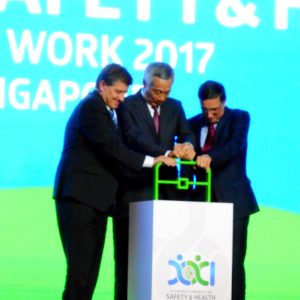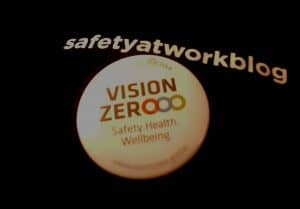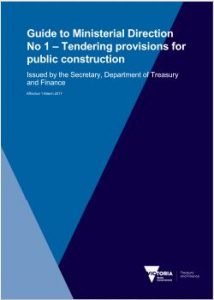Jim Ward is hardly known outside the Australian trade union movement but many people over the age of thirty, or in the occupational health and safety (OHS) profession, may remember the person Esso blamed for the Esso Longford explosion in 1998. Just after the nineteenth anniversary of the incident that killed two workers and injured eight other, SafetyAtWorkBlog interviewed Ward about the incident but, more significantly, also about how that incident changed his world view.
For some time now Jim Ward has been the National OHS Director for the Australian Workers’ Union. Here is a long interview with Ward that provides a useful perspective on OHS while Australia conducts its National Safe Work Month.
[Note: any links in the text have been applied by SafetyAtWorkBlog]
SAWB: Jim, what happened at Longford, and what did it mean for you.
JW: So, on 25 September 1998, I got up out of bed and went to work, just as I’d done for the previous 18 years of my working life, at the Esso gas plant facility at Longford in Victoria.
There was nothing unforeseen or untoward about that particular day. But due to, as one judge elegantly described it, “a confluence of events”, it turned out to be the most significant day of my life.


 A major theme of the
A major theme of the  Innes Willox of the
Innes Willox of the  Innovation in occupational health and safety (OHS) is often encouraged by government but government processes and policy can also discourage and limit this. An obvious example is where government insists on compliance with OHS laws in its tendering criteria but acknowledges that the tender safety criteria remains outdated and, privately, that OHS compliance is not enough to ensure a safe and healthy workplace.
Innovation in occupational health and safety (OHS) is often encouraged by government but government processes and policy can also discourage and limit this. An obvious example is where government insists on compliance with OHS laws in its tendering criteria but acknowledges that the tender safety criteria remains outdated and, privately, that OHS compliance is not enough to ensure a safe and healthy workplace.